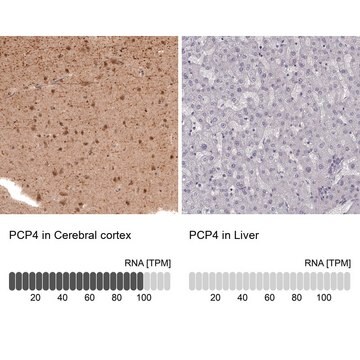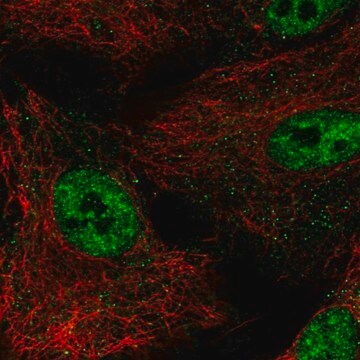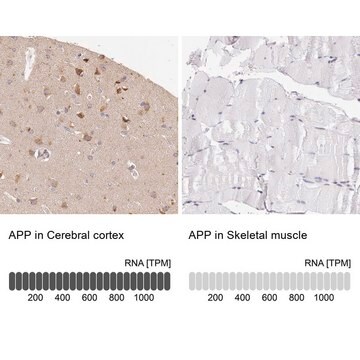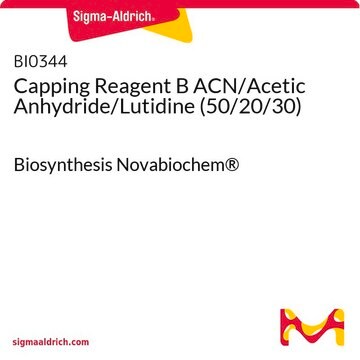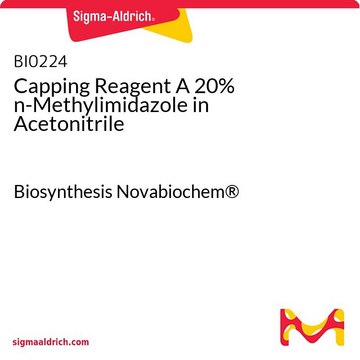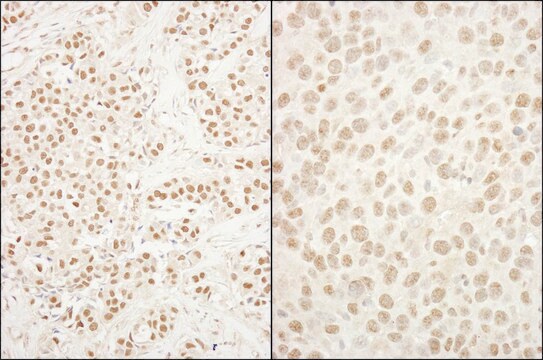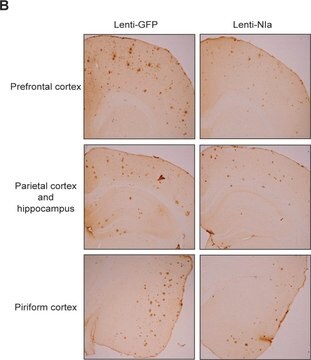MABD398
Anti-DAX-1, clone 2F4 Antibody
ascites fluid, clone 2F4, from mouse
Synonym(s):
Dax1, Nuclear receptor subfamily 0 group B member 1, DSS-AHC critical region on the X chromosome protein 1, Nuclear receptor DAX-1, AHC
About This Item
Recommended Products
biological source
mouse
Quality Level
antibody form
ascites fluid
antibody product type
primary antibodies
clone
2F4, monoclonal
species reactivity
human
technique(s)
immunocytochemistry: suitable
immunohistochemistry: suitable
western blot: suitable
isotype
IgG1κ
NCBI accession no.
UniProt accession no.
shipped in
wet ice
target post-translational modification
unmodified
Gene Information
human ... NR0B1(190)
General description
Immunogen
Application
Stem Cell Research
Pluripotent & Early Differentiation
Quality
Target description
Linkage
Physical form
Storage and Stability
Handling Recommendations: Upon receipt and prior to removing the cap, centrifuge the vial and gently mix the solution. Aliquot into microcentrifuge tubes and store at -20°C. Avoid repeated freeze/thaw cycles, which may damage IgG and affect product performance.
Disclaimer
Not finding the right product?
Try our Product Selector Tool.
Storage Class
12 - Non Combustible Liquids
wgk_germany
nwg
flash_point_f
Not applicable
flash_point_c
Not applicable
Certificates of Analysis (COA)
Search for Certificates of Analysis (COA) by entering the products Lot/Batch Number. Lot and Batch Numbers can be found on a product’s label following the words ‘Lot’ or ‘Batch’.
Already Own This Product?
Find documentation for the products that you have recently purchased in the Document Library.
Our team of scientists has experience in all areas of research including Life Science, Material Science, Chemical Synthesis, Chromatography, Analytical and many others.
Contact Technical Service